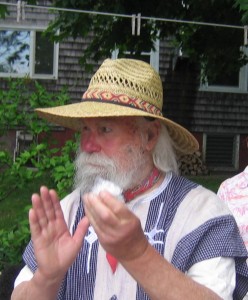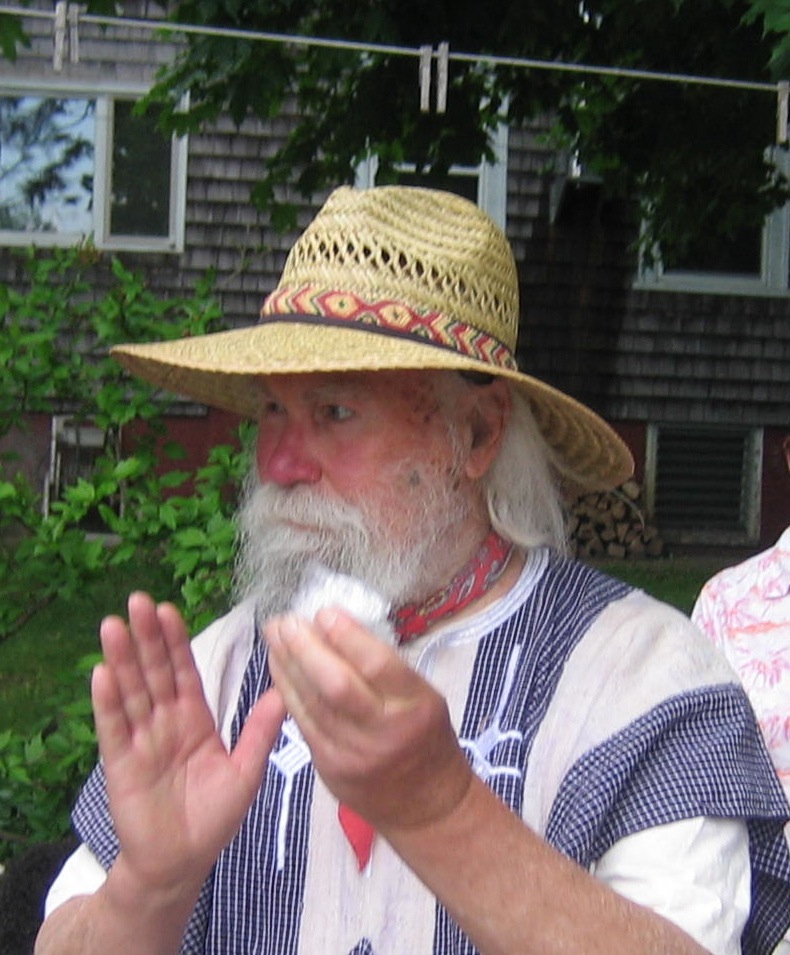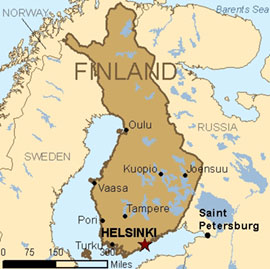 As my co-editor, Rhode Island College (RIC) President Nancy Carriuolo will tell you that the late Richard Walton clearly understood the power of the emerging Internet and the power social media would wield in our daily lives. The beloved social activist and educator who put tireless energy and effort into supporting many worthy causes began emailing and connecting to his family and vast network of friends electronically in the early 1990s.
As my co-editor, Rhode Island College (RIC) President Nancy Carriuolo will tell you that the late Richard Walton clearly understood the power of the emerging Internet and the power social media would wield in our daily lives. The beloved social activist and educator who put tireless energy and effort into supporting many worthy causes began emailing and connecting to his family and vast network of friends electronically in the early 1990s.
Over 20 years, he would literally write thousands of correspondences on a vast array of topics including serious social causes, baseball and boxing, politics and even entertaining observations about Rhode Islanders and local events.
Honoring the Late Richard Walton
According to Carriuolo, the late activist’s and educator’s love and active involvement in social media prompted the creation of our e-book, The Selected E-Mail Correspondences of Richard Walton, which offers his sampling of correspondence. As co-editors of this tribute to Walton, we invite you to a RIC Foundation fundraiser, where we will unveil our e-book in his memory, from 2-3 p.m. on Sunday, March 23, at the RIC Student Union Ballroom, 600 Mt. Pleasant Ave., Providence. We will offer readings from this e-book. The suggested donation for the event is $10. Proceeds will be used to equip the English Department Conference Room, which will be named in Walton’s honor.
Last winter, Facebook notification of a memorial event held at Roots Cafe in Walton’s honor brought Nancy Carriuolo and I together with hundreds of others shortly after Richard’s death to celebrate his extraordinary life. We began to correspond via Facebook. She sent me an e-essay that Richard had sent her about “the Encyclopedia Britannica going out of print and wondering what would happen to his Encyclopedia Britannica when he passed.” In return, I sent her an essay titled “The great and good Hammerin’ Hank Tears for my Boyhood Baseball Hero,” telling his love and admiration for the legendary baseball player, Hank Greenberg, and the tears he shed for a long dead baseball player.
In our social media chats, Carriuolo admitted that she had saved some of Walton’s emails. “Who could delete a correspondence with the subject line: ‘Do I Really Have to Wear Long Pants?’ which was written in response to her invitation to recognize Walton as a founding adjunct union president at my opening annual meeting of faculty, administrators, and staff,” she remembers, telling me that “I just could not bear to delete any of his emails.” I shot back an email saying that I bet others had saved Richard’s emails, too, then asking her that maybe we should do an e-book? That was the beginning of our editorial project.
Walton’s 91-page e-book is comprised of electronic correspondence shared by many of his friends and colleagues. Being a brilliant writer and an observer of life, Walton covered topics as diverse as progressive issues on the topic of homelessness (spending Christmas at Amos House), the Rhode Island governor’s race, national politics, education and women’s rights. He jumped into giving his two cents about the Lion’s Head, his favorite New York hangout, as well as boxing and baseball, and even his views on religion.
In one of my favorite emails in our e-book, Walton shared his great admiration for the great first baseman, Hank Greenberg of the Detroit Tigers. His love for this Jewish baseball player began as a small child when he grew up in Providence listening to the game on the radio with his grandfather during an era of rampant anti-Semitism and racism. Even at the ripe old age of 72, the seasoned journalist wrote a powerful Op Ed in The Providence Journal about Greenberg after reading a four-star review of the movie, “The Live and Times of Hank Greenberg.” He even admitted that he shed tears over “a long-dead baseball player,” this giving me a glimpse into how Walton as a young man would not accept the bigotry of his time and who would later turn his attention and tireless energy to fighting against society’s ignorance and indifference to the less fortunate.
As to other e correspondences…
- On his career choices: Walton admitted, “I did turn down a job as an NBC News correspondent because I refused to shave my beard.”
- On the fact that at age 79 he traveled to Shanghai to teach children, he quipped, “It might turn up in a game of Trivial Pursuit some day.”
- On his losing battle with leukemia, Walton noted, “I’m going on a great adventure.”
The Life and Times of Richard Walton
With his prominent long white beard and his red bandana, decked out in blue jean overalls and wearing a baseball cap, Walton, who passed in 2012 at the age of 84, was a well-known figure on the Rhode Island scene. In the early ’80s, he ran as the Citizen’s Party vice presidential candidate. Later, he became an early member of the Green Party. At Rhode Island College, where he taught English for more than 25 years, he ran a successful campaign to unionize adjunct faculty, serving as the union’s first president. With his death, RIC President Carriuolo called for lowering the flags on campus to half-staff in his memory.
Born in Saratoga Springs, New York, Walton grew up in South Providence in the 1930s, graduating from Classical High School in 1945. After taking a two-year break from his studies at Brown University to serve as a journalist mate in the U.S. Navy, he returned to receive a bachelor’s degree in 1951. He whet his appetite for music by working as disc jockey at Providence radio station WICE before enrolling in Columbia University School of Journalism where he later earned a master’s in journalism degree in 1955.
Walton’s training at Brown and Columbia propelled him into a writing career. During his early years he worked as a reporter at The Providence Journal, and the New York World Telegram and Sun. At Voice of America in Washington, D.C., Walton initially put in time reporting on African issues, ultimately being assigned to cover the United Nations.
The prolific writer would eventually publish 12 books, nine being written as critical assessments of U.S. foreign policy. As a freelance writer in the late 1960s, he made his living by writing for The Nation, The New York Times, The Washington Post, Chicago Tribune, Village Voice, Newsday, The [old] New Republic, Cosmopolitan, even Playboy.
A self-described “peacenik,” the journalist was known not only for his political views, but also for his charity and volunteer work with such fixtures as the Amos House homeless shelter, The George Wiley Center, grassroots agency that works to alleviate problems associated with poverty and the musical venue Stone Soup Coffeehouse. In fact, for many years he used his birthday party to host a highly regarded and well-attended annual fundraiser to support Rhode Island’s homeless community.
I know that throughout his life, Richard Walton served as a role model for generations of activists, watching out and protecting Rhode Island’s voiceless citizens, showing all that positive societal changes could be made through sound arguments.
E-Book Allows Us to Re-Experience Walton
While we can no longer see our friend, Richard Walton, in our daily travels, his essence, keen observations and thoughts about our wonderful world can be found in his e-writings. As stated in my afterword in Walton’s e-book, “his emails will magically propel you into the distant past, when he stood among us, allowing us to easily remember our own philosophical banters and discussions with him, even giving us the opportunity to re-experiencing his sharp wit, humor and his humbleness.”
“While so painful to admit that he is no longer here, his beautiful and thoughtful and provocative writings to his family and friends make him come alive once again to us. Just close your eyes after you read the emails in our e-book. I am sure you will once again feel his energy and essence.”
For more details about RIC’s reception to honor Walton or contribute to dedicate a room in his honor, contact Paul Brooks at (401) 456-8810. Donations should be made to the RIC Foundation with the notation: Richard Walton.



 As it turns out, Monty Python was right: Finland isn’t just a
As it turns out, Monty Python was right: Finland isn’t just a